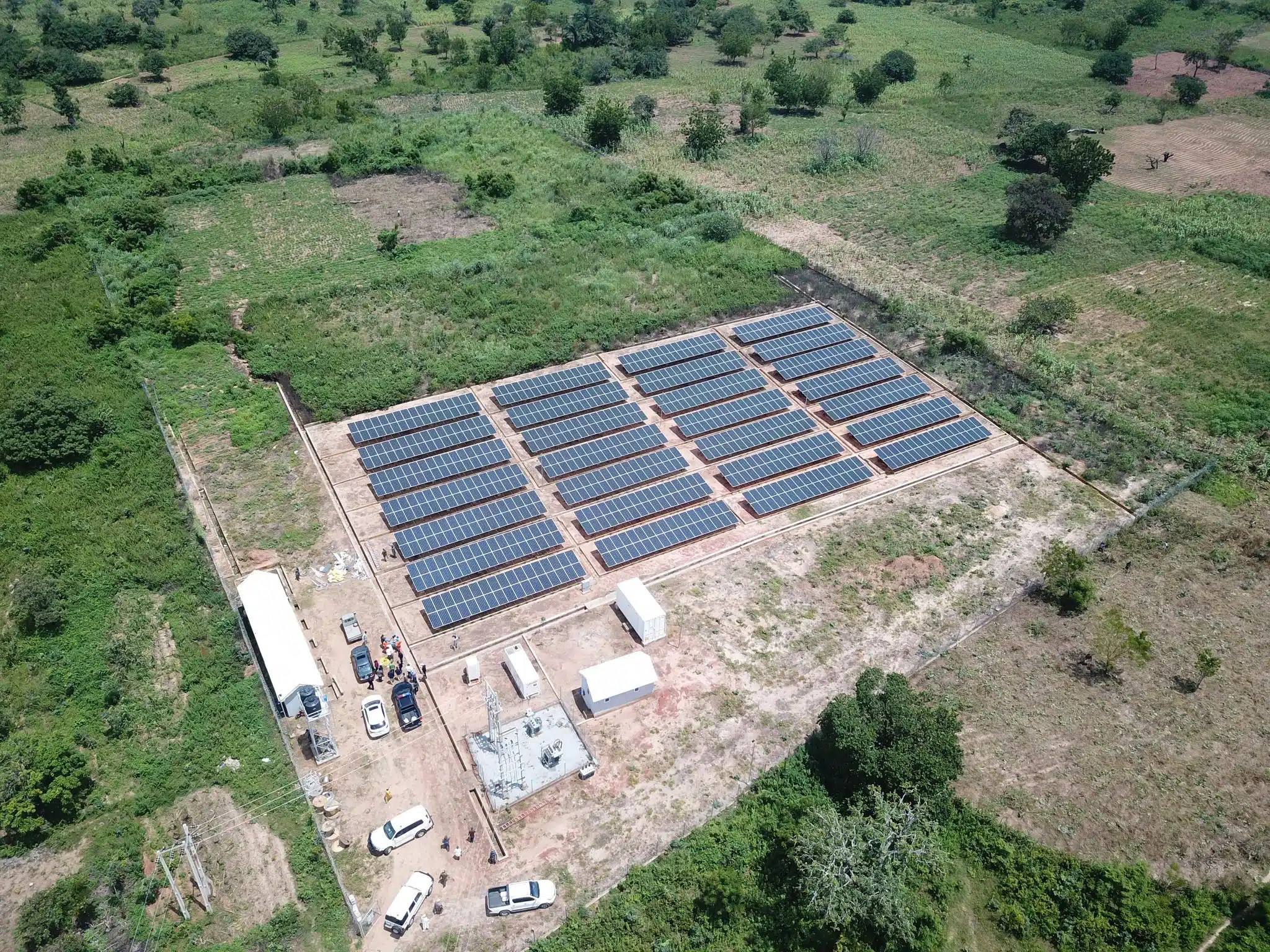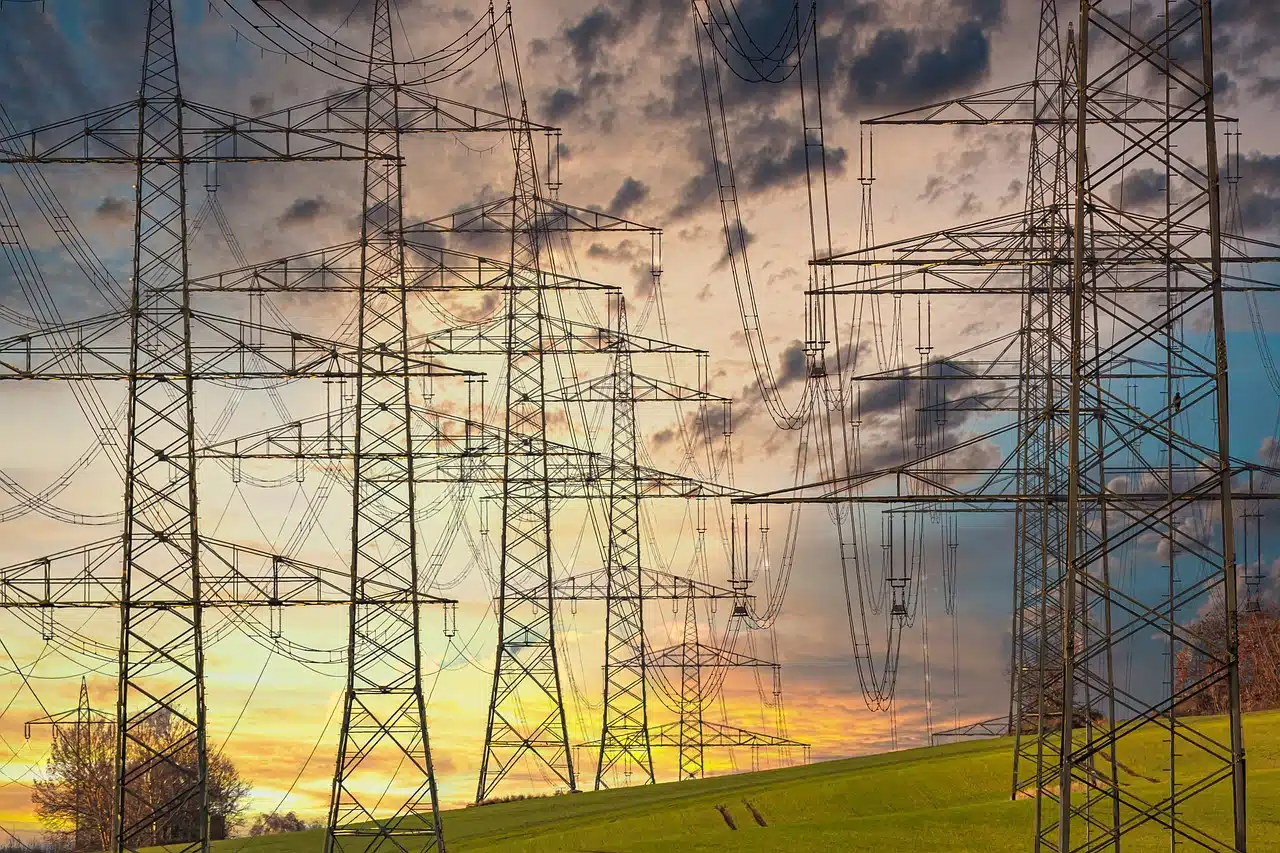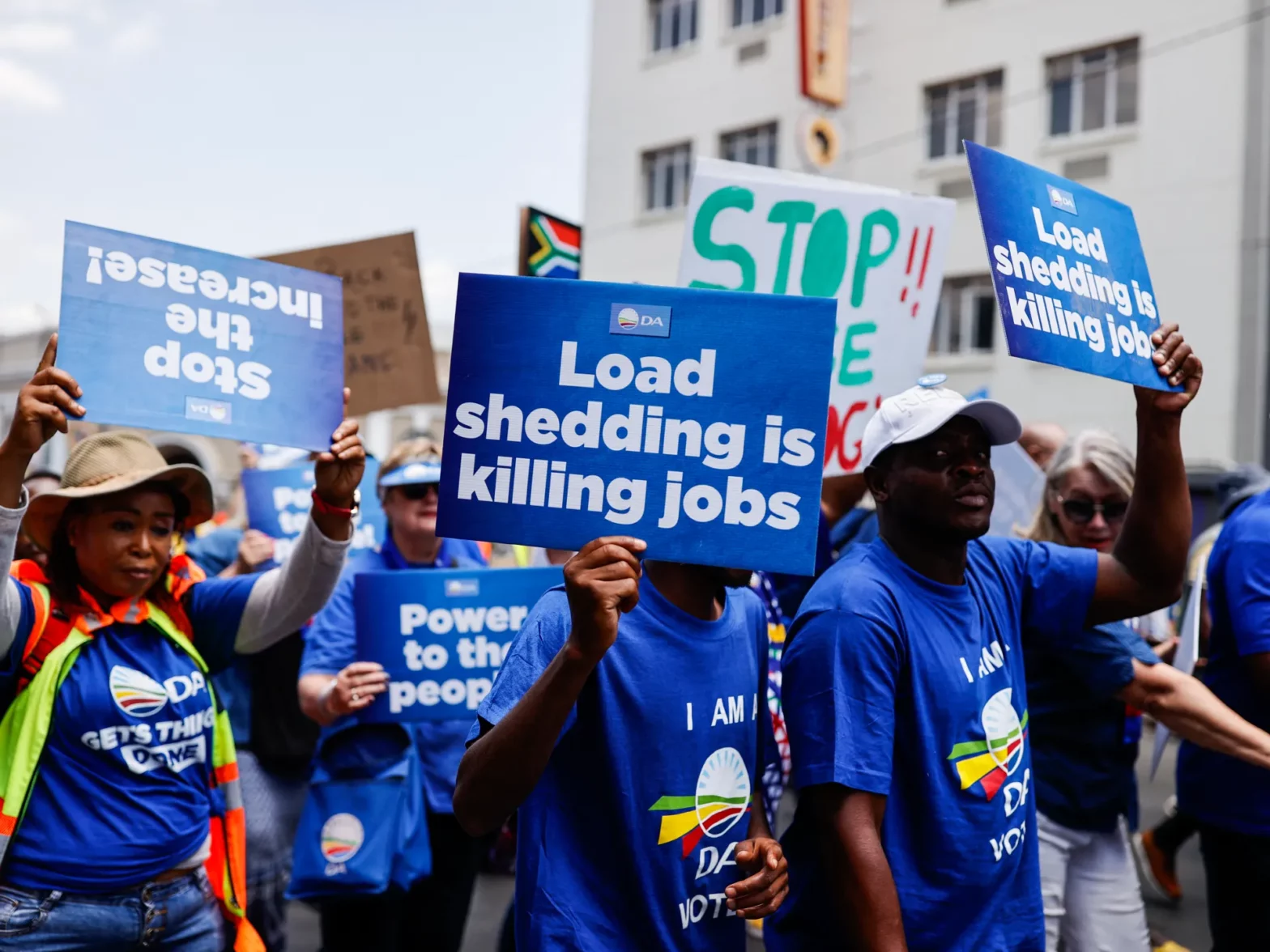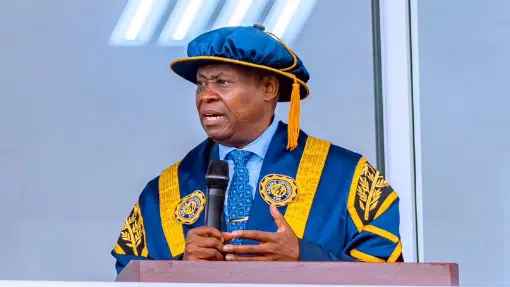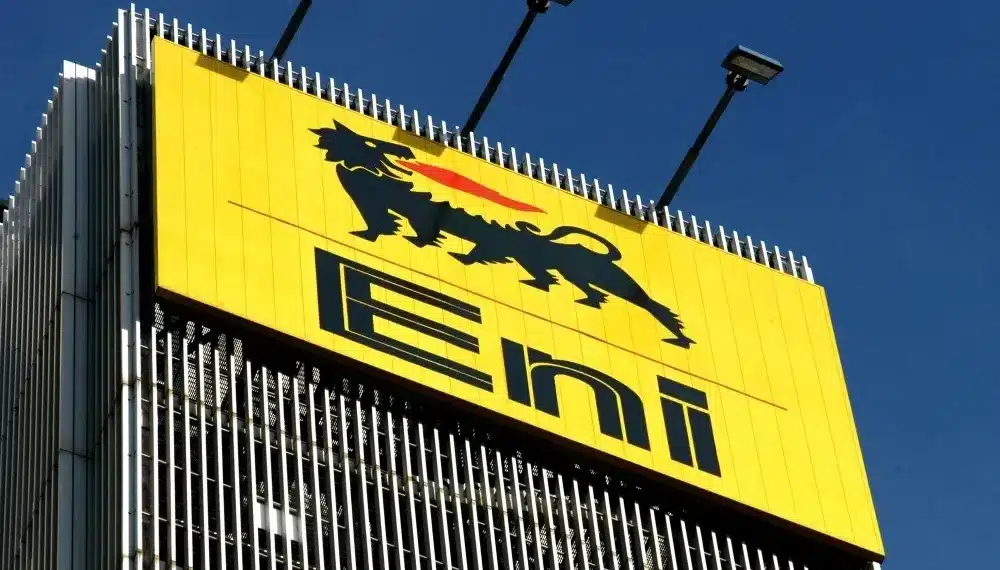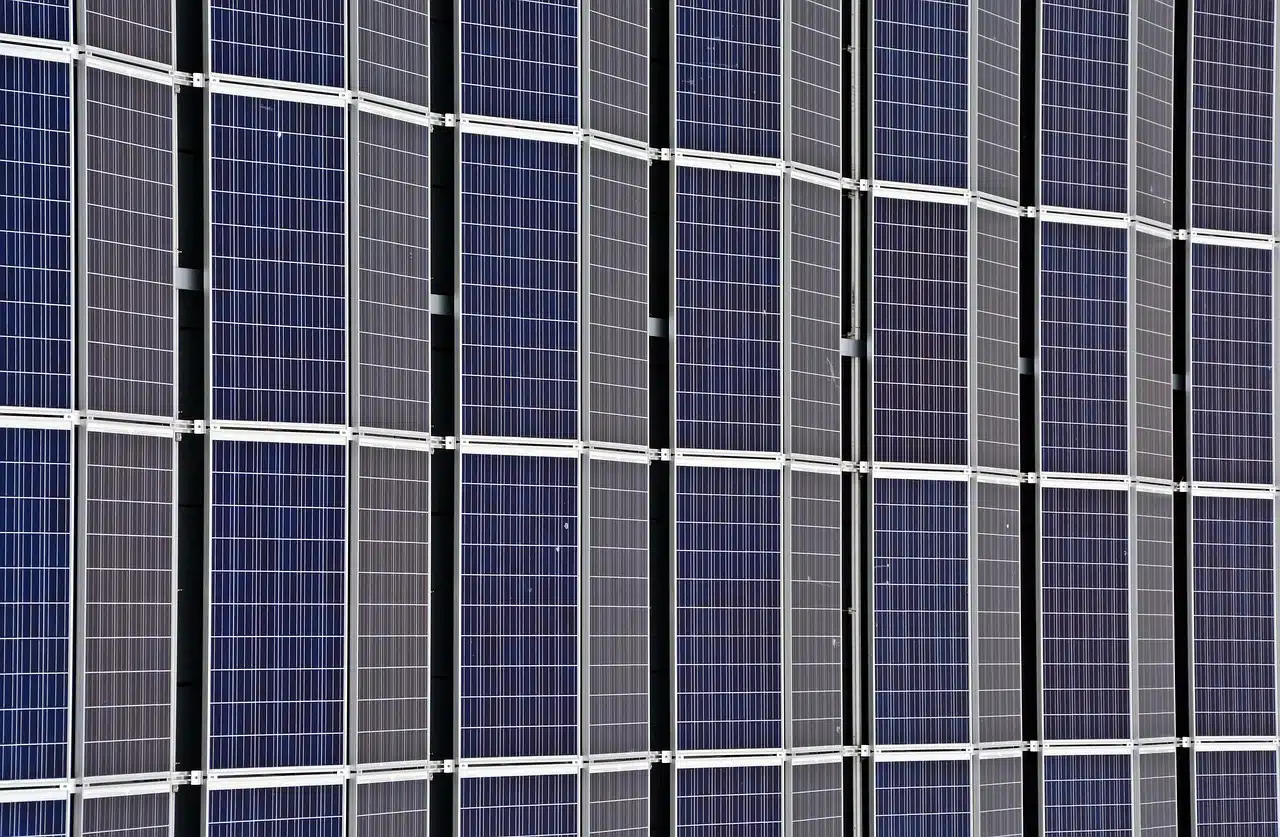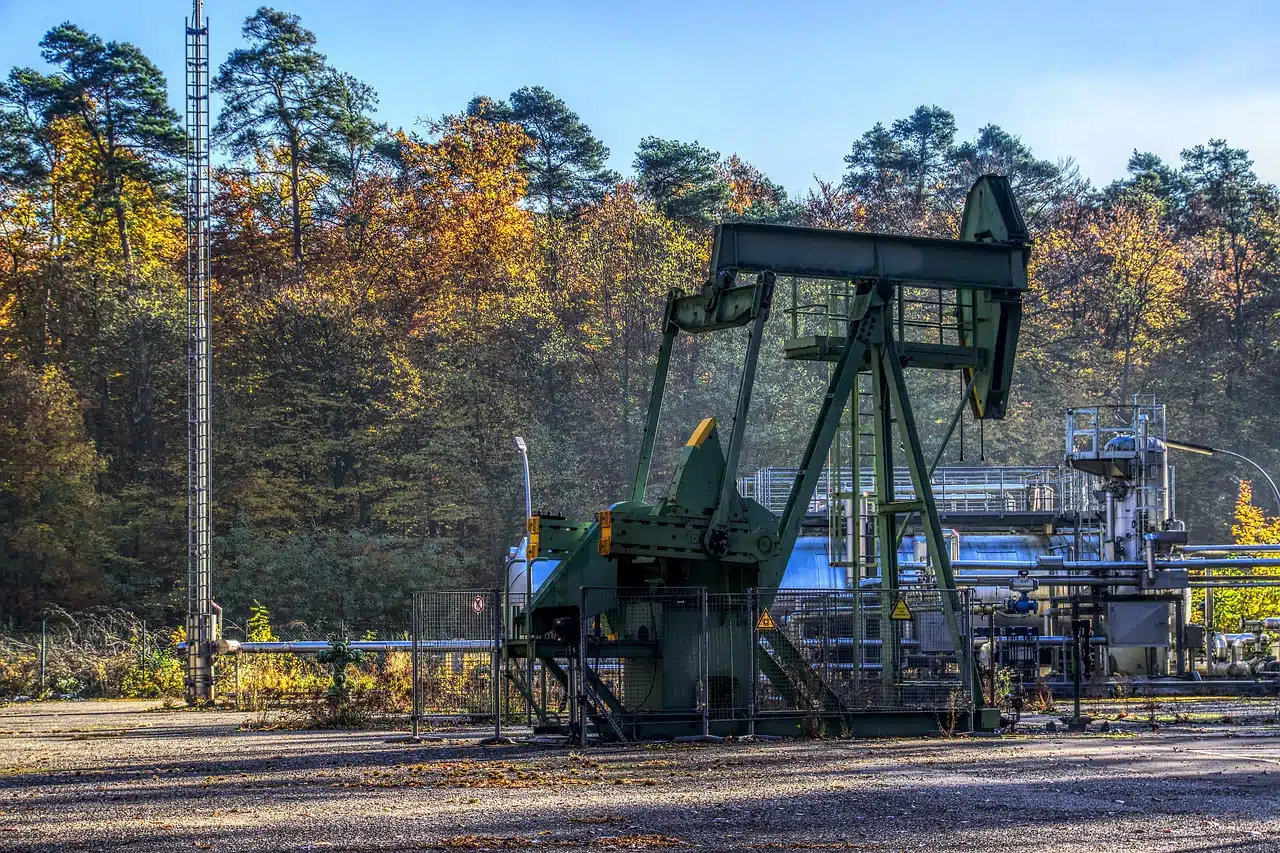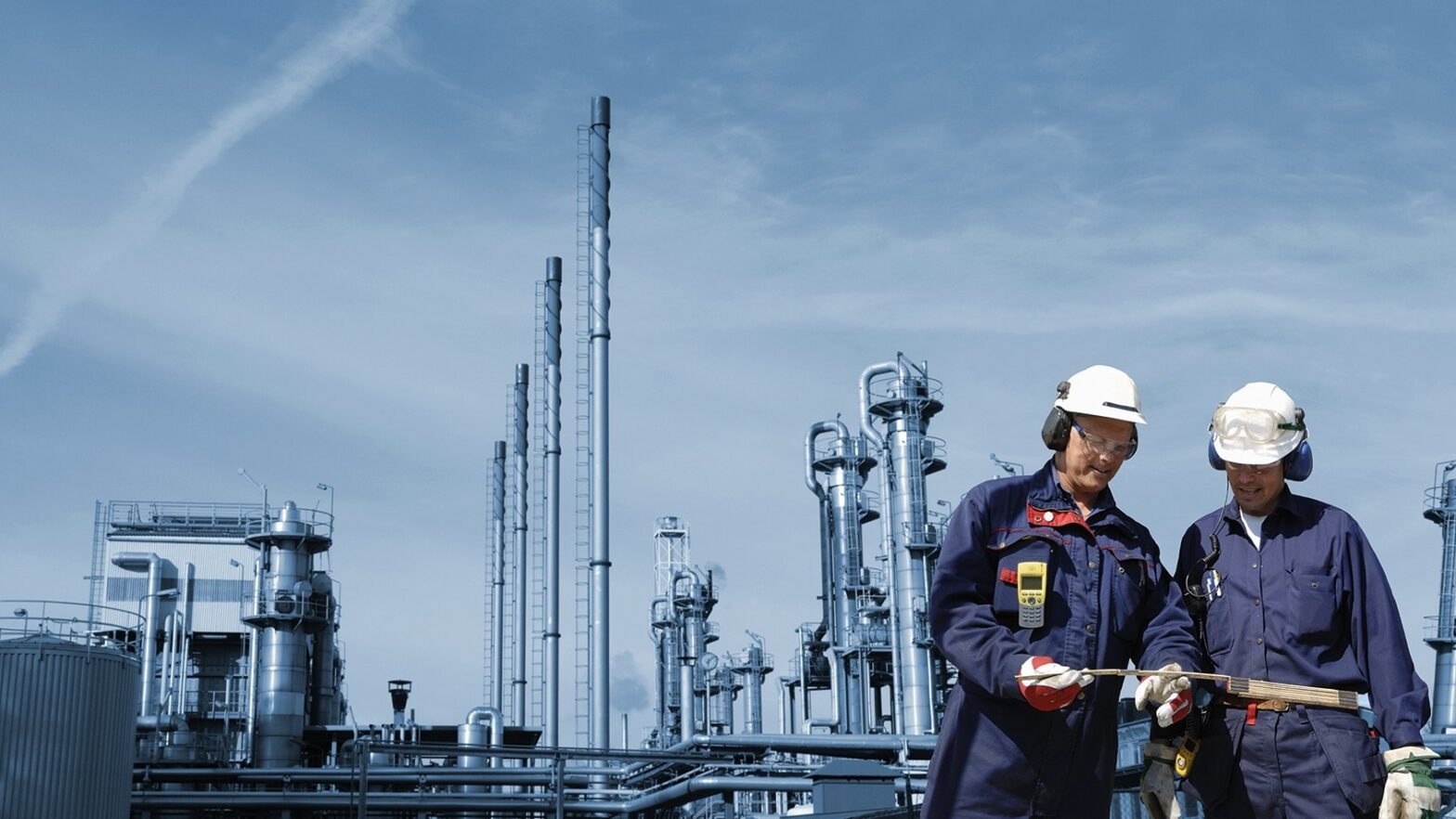Electricity is one of the most transformative parts of human life, fundamentally shaping the modern world and revolutionizing the way we live, work, and interact.
Its importance cannot be overstated, as it underpins nearly every aspect of contemporary life, from powering homes and industries to enabling technological advancements and fostering global connectivity.
While electricity is important in nearly every aspect of human life, millions of people in Nigeria’s rural areas remain without access to this critical resource.
In 2021, the World Bank estimated that 85 million Nigerians—nearly 43% of the population—lack access to grid electricity, making Nigeria one of the countries with the largest energy access deficit globally.
This challenge is particularly worse in rural areas, where the lack of electricity deepens poverty, hampers economic development, and restricts access to critical services like education, healthcare, and clean water, further marginalizing these communities.
The International Energy Agency (IEA) has said nearly 95% of residents in Nigeria’s cities have access to electricity, compared to only 40% in rural areas.
To address this stark reality of disproportional electricity access that has plagued Nigeria for decades, the country’s Rural Electrification Agency (REA) has turned to off-grid energy sources to bring electricity to rural communities in the nation.
Off-grid energy solutions
Off-grid energy solutions are systems that provide electricity without relying on the general centralized power grid.
These solutions have been found to be useful in remote areas where grid access is unavailable or unreliable, as well as for individuals or communities seeking energy independence, sustainability, or cost savings.
While common off-grid energy solutions include wind power systems, hydropower systems, petrol and diesel generators, Nigeria only uses solar mini grids as an off-grid energy source in the country’s rural communities.
Off-grid energy investment in Nigeria
Recently, Nigeria, in partnership with the World Bank and the African Development Bank (AfDB) entered into a $200 million agreement with WeLight, a pan-African Distributed Renewable Energy (DRE) company, to develop and operate 400 mini grids and 50 metro grids across the country’s predominantly rural regions.
Also, Germany and the European Union (EU), in collaboration with Nigeria’s Rural Electrification Agency (REA), partnered to deploy 11 mini-grids aimed at expanding electricity access in rural communities across the country.
The Director of the REA, Abba Aliyu stated that there is a funding arrangement with the AfDB under their Desert to Power Programme which will be used to electrify 5 million Nigerians. This will complement a $1.3 billion AfDB loan sought by Nigeria for electricity projects.
Assessing the impact of mini-grids
Due to the work done by the Rural Electrification Agency, more of Nigeria’s communities have been lit up by interconnected solar mini grids, bringing electricity to millions of people.
The REA facilitated a project where 14 million Nigerians were given access to electricity by deploying 160 mini-grids and installing over 1 million standalone home solar systems.
Just last month, the REA unveiled a 990kW interconnected mini-grid that brought electricity to 3,900 households and businesses in Lambata community in North-western Niger State.
In Southern Cross River State, interconnected mini grids have provided clean and affordable energy to 125,000 people.
Director Aliyu, in an interview, noted that through deployment of mini grids, the socioeconomic activities in the rural communities have greatly improved.
“In a community in Nasarawa State, when we started, we counted a few small businesses, but after the deployment of the mini grid, we see businesses migrating from neighbouring communities to establish in the host community because of the reliability of electricity”, Aliyu noted.
Off-grid energy solutions are increasingly providing more Nigerians with electricity in underserved areas.

